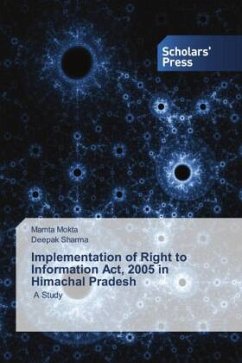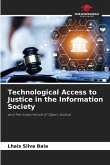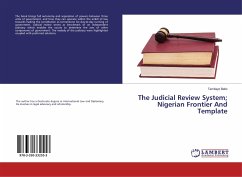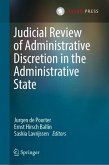Information is power; information makes people informed and the informed individuals become enlightened individuals. The Right to Information Act, passed by the Indian Parliament in the year 2005 has proved to be a landmark for good governance and in helping common people, especially the poor and underprivileged to get their dues from the government. The act has emerged as the most potent tool to empower ordinary citizens to combat state corruption and to play an important and active role in participatory democracy. Drafted by civil society itself, the law is unique in the sense that it has been the result of years of struggle by civil society, NGOs, and the media.This book will help the bureaucracy to get acquainted with their new role on the one hand and on the other, it can give insight regarding problems faced by the general public while getting information under Right to Information. It can also be useful for the students and researchers to understand various issues related to the implementation of the Right to Information. Further, the book has offered concrete suggestions, which can immensely help policymakers to make necessary amendments to the act.
Bitte wählen Sie Ihr Anliegen aus.
Rechnungen
Retourenschein anfordern
Bestellstatus
Storno








